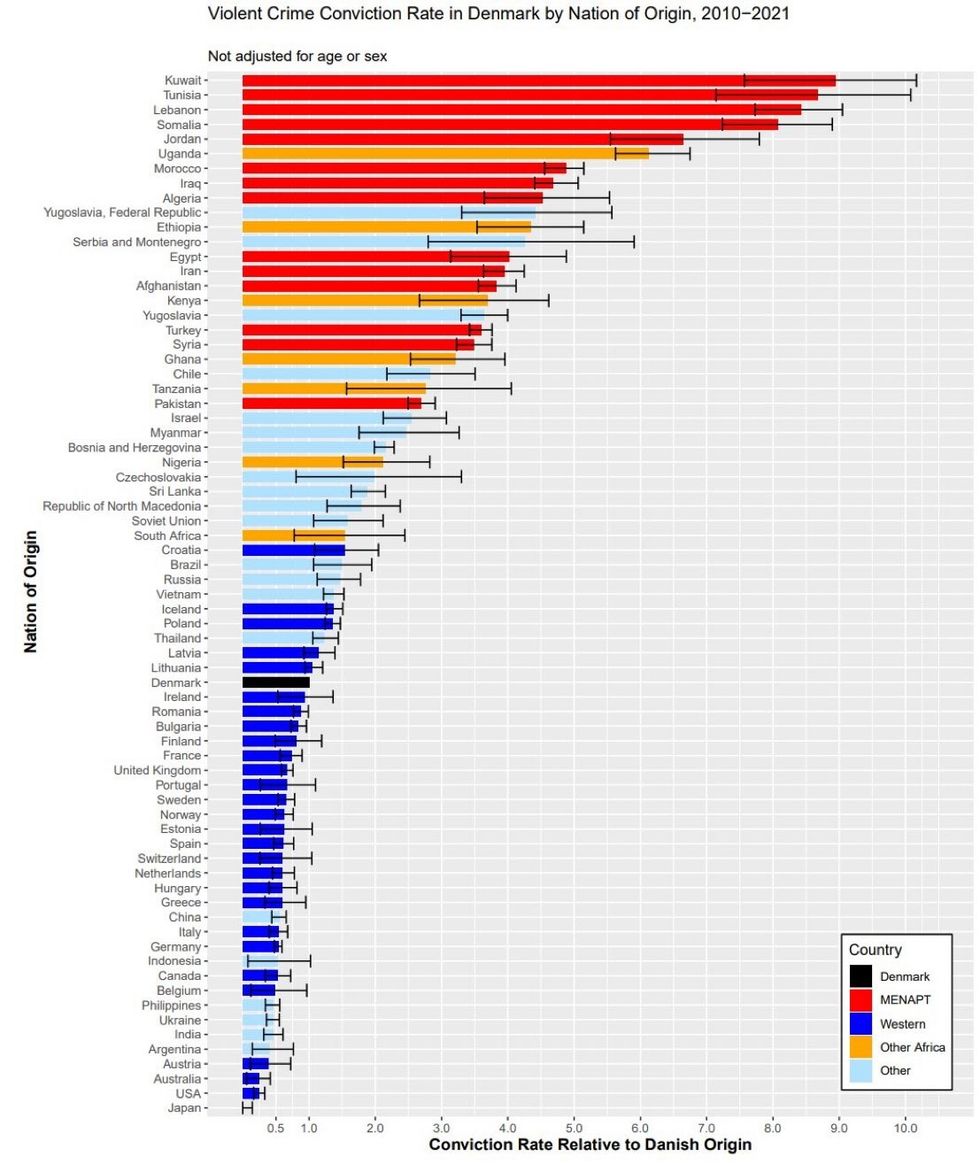Joseph Stalin, quite possibly the vilest human ever to have walked the planet, infamously said: “one death is a tragedy, a million deaths are a statistic”. For someone who so sadistically ruled the Soviet state for 30 years, marginalising the importance of statistics came easily. Big data was no threat to ‘Uncle Joe’s’ authority because his apparatchiks just made it up. Masses of the stuff. The official communist newspaper, Pravda, every day showered a cynical public with tractor production schedules that bore no relation to reality, while remaining mute about the mass extermination of kulaks, Ukrainians and millions of others.
Of course, we in the West are totally different, aren’t we? Our new elites like to think of themselves as comfortable with the truth, wherever it leads them. They champion statistical transparency. They lionise whistle-blowers who uncover corruption. They hold to the verity that sunlight is the best disinfectant. Indeed the BBC wants us to believe it takes statistics so seriously that license-fee payers must fund a ‘Verify’ unit.
 Colin Brazier questions why numbers aren’t being revealedGB News
Colin Brazier questions why numbers aren’t being revealedGB News
That’s what our new Establishment believes, with one crushing caveat. Statistics are great, but they must be the right statistics. Data which helps everybody rub along in the prescribed fashion. Unhelpful numbers which might suggest otherwise run the risk of suppression.
What else can we conclude from this week’s decision by the Labour government to deny Reform’s demands for statistics about the nationality and asylum status of criminals. The Reform MP for Great Yarmouth, Rupert Lowe, asked: “…the Secretary of State for the Home Department, how many crimes were committed by people with refugee status in the UK in each of the last 10 years; and what those crimes were.”
It may have been a Labour government which introduced the right of the public to demand the publication of official statistics, but just because we’ve had a Freedom Of Information Act since the days of the Blair government, doesn’t mean Labour like sharing data it would rather hold onto. Mr Lowe was told by a Home Office minister that it would cost too much money to fetch him an answer.
It’s not as if ours is a country which can’t be bothered to collect ethnicity data. This year I was asked for mine while applying for a Test Match, for heaven’s sake. And, contrary to what Stalin had to say about statistics, they can paint a picture of the real world like nothing else can.
Consider the impact of the seemingly innocuous publication of a league table of first names by the Office for National Statistics this month, which showed Mohammed on top. I talked to a couple of middle aged friends, not news junkies but both smart, who were shocked to discover that the nation’s demographic future was not what it appeared to be if, like them, you only see Britain through the lens of living in a secluded Home Counties village.

Danish statistics reveal ancestry
GB News
If a simple league table of names can unsettle, how shocking would it be to find out that some migrants are not the unalloyed good which Labour insists they are. What if, as we all know in our bones must be true, some countries produce brilliant imports to Britain, while other nations are more inclined to send us duds?
In fact, we need not rely on our instincts. Other countries (and some States in the U.S.) are already doing this. And the results are a revelation. Go, for example, to the ‘crime’ home page of Statistics Denmark and you will see a line you would never see on a website produced by our own gov.uk.
It asks: “How many people are convicted in Denmark? What is their ancestry?”. Wow. What is their ancestry! The answer is that a third of violent crime and rapes are committed by perpetrators from a non-Western background, despite only being 10 per cent of the Danish population. This is not an attempt to smear all migrants. The same data shows that some nationalities commit LESS crime than Danes. Indians, for instance. A similar exercise in Italy, where foreign-born youths comprise 10 per cent of the population, found that they commit nearly HALF of recorded crime. North Africans, some sub-Saharan Africans and migrants from the middle east are disproportionately represented.
Of course the tragedy, to use Stalin’s word again, is that the victims of these crimes are not typically the elites who hunker down in their rarefied affluent neighbourhoods, but the poor who live in areas favoured by asylum seekers. This year’s English riots may have been a reflection of a frustration that the official narrative is not the one people live with on the streets. And this, more than anything, becomes a reason a priori to share data, regardless of how the short-term impact may be politically painful for Labour. Information, like nature, abhors a vacuum. If the government will not tell us how much crime is committed by asylum seekers, people will hazard a guess or listen to people who have an axe to grind.